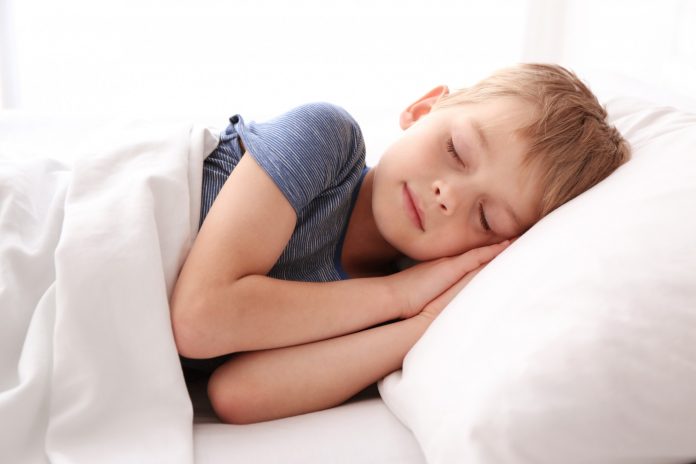Extra sleep or exercise: what is better for children’s health? A new finding as part of a study from the University of South Australia (UniSA), which was conducted in partnership with the Murdoch Children’s Research Institute and supported by the National Heart Foundation of Australia, shows that either extra sleep or extra exercise can incur health benefits in children.
As part of the study, which was published in Pediatrics, the team examined the optimal balance between children’s physical activity, sleep and sedentary time across the 24-hour day to better inform tailored lifestyle choices and found that children can achieve equivalent physical and mental health benefits by choosing different activity trade-offs across the 24-hour day.
“There are many competing demands in modern families – whether it’s after school soccer, music lessons, or simply walking the family dog, finding the time to fit everything into a single day can be a challenge,” says lead researcher, UniSA’s Dr Dot Dumuid.
“International guidelines suggest that children need 9-11 hours’ sleep, 60 minutes of physical exercise, and no more than two hours of recreational screen time per day, yet only 7% of children are regularly meeting these goals.
“With so many competing priorities and commitments, it’s helpful to know which activities deliver the greatest ‘bang for your buck’.”
Dr Dumuid says that these findings offer flexibility when it comes to managing time.
For example, according to Dr Dumuid “families with very little available time, small increases in moderate-to-vigorous exercise could be an option to improve children’s health and wellbeing” and “alternatively an earlier night could equally deliver the same health benefits”.
“Exploring trade-offs between children’s activities is a promising way for families to make healthy choices that suit their regular family schedule,” says Dr Dumuid.
While exercise has a greater and faster impact on physical health and wellbeing, children may be able to achieve the same 7.4% reduction in body mass index (BMI) by either:
- Exercising 17 more minutes (moderate-to-vigorous exercise) OR
- Sleeping an extra 52 minutes, OR
- Reducing their sitting or sedentary time by an extra 56 minutes.
Similarly, children may significantly improve their mental health by either:
- Exercising 35 minutes more (moderate-to-vigorous exercise), OR
- Sleeping an extra 68 minutes, OR
- Reducing their sitting or sedentary time by 54 minutes.
“This study confirms that physical activity is the quickest and most effective way to deliver benefits for children’s physical health and mental wellbeing. But the findings also offer some flexibility for families,” says the Heart Foundation’s Director of Physical Activity, Adjunct Professor Trevor Shilton.
“Helping young people make healthy choices and helping families create an environment that supports them in these choices can improve their quality of life in the future, as well as reducing their risk of chronic diseases, such as heart disease.”
To read the study, visit: pediatrics.aappublications.org/content/147/4/e2020025395









